I have a table with 5-10 million records which has 2 fields
example data
Row Field1 Field2
------------------
1 0712334 072342344
2 06344534 083453454
3 06344534 0845645565
Given 2 variables
variable1 : 0634453445645
variable2 : 08345345456756
I need to be able to query the table for best matches as fast as possible
The above example would produce 1 record (e.g row 2)
What would be the fastest way to query the database for matches?
Note : the data and variables are always in this format (i.e always a number, may or may not have a leading zero, and fields are not unique however the combination of both will be )
My initial thought was to do something like this
Select blah where Field1 + "%" like variable1 and Field2 + "%" like variable2
Please forgive my pseudo-code if it's not correct, as this is more a fact-finding mission. However I think I'm in the ball park.
Note : I don't think any indexing can help here, though a memory-based table I'm guessing would speed this up.
Can anyone think of a better way of solving the problem?
